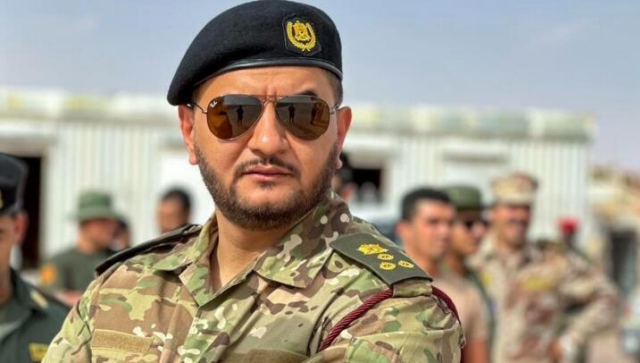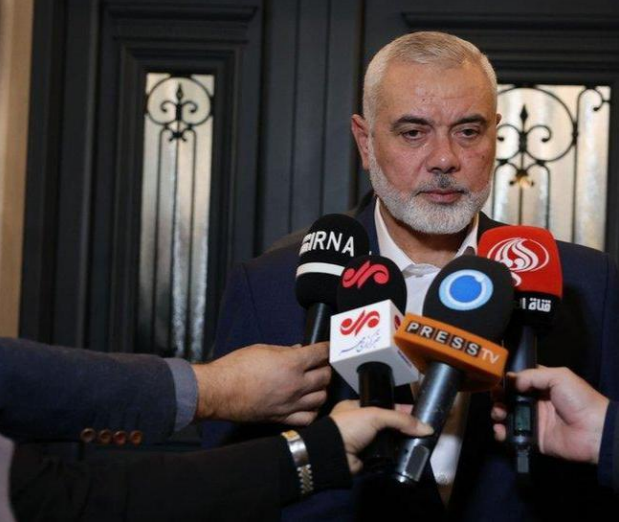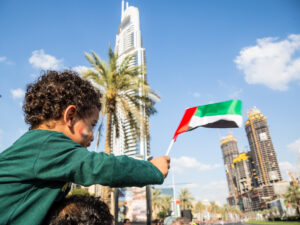Hamas Delegation Presses for Ceasefire in Cairo Amid Intensifying Gaza Crisis
Middle East power shifts a senior Hamas delegation has reached Cairo for renewed ceasefire negotiations as the humanitarian situation in Gaza deteriorates sharply under continuous Israeli bombardment.
According to reports, Israeli strikes in eastern Gaza City killed at least 11 civilians overnight, underscoring the urgency of the talks. The discussions, involving Hamas political bureau deputy Khalil al-Hayya, are being facilitated by Egypt, Qatar, and the United States.
Israeli Prime Minister Benjamin Netanyahu has reportedly altered his approach to negotiations, aiming for a single, comprehensive agreement to release all remaining hostages instead of a phased plan. The change comes as Gaza faces what aid agencies call a “total collapse”, with over 61,000 Palestinians killed since the conflict reignited in October 2023 and more than 220 deaths recently attributed to starvation.
International condemnation is mounting. Twenty-five foreign ministers have jointly demanded Israel open its borders to an “immediate flood” of humanitarian aid, warning that the crisis is moving beyond manageable limits. Gaza’s infrastructure, medical systems, and food supply chains remain critically impaired, making the Cairo ceasefire talks a potential turning point — or another missed opportunity.
U.S. Offers Conditional Support to Syria’s New Leadership
In Syria, Washington is testing a new diplomatic formula: offering incentives to the country’s leadership in exchange for concrete reforms and protections for minority groups.
The Biden administration has signaled readiness to back a transitional government that:
- Renounces extremist activity
- Dismantles chemical weapons programs
- Implements guarantees for women’s and minority rights
In a notable policy shift, the U.S. recently removed a $10 million reward for information on Ahmad al-Sharaa, leader of the militant group Hayat Tahrir al-Sham (HTS). This decision follows what American diplomats described as a “productive” meeting with Syria’s interim leadership, in which both sides discussed steps toward political transition and counterterrorism cooperation.
The U.S. is also coordinating with Israel and Jordan on a plan to establish a humanitarian corridor to Suwayda, a predominantly Druze region in southern Syria, to deliver urgent aid and reduce sectarian tensions. This is part of a broader recalibration, which also includes a partial U.S. troop drawdown in Syria — balancing counterterrorism needs with diplomatic engagement.
Washington’s approach is cautious but signals willingness to engage with Damascus if reforms are genuine and sustained. The strategy reflects a broader U.S. shift in the Middle East power shifts : using diplomatic leverage instead of prolonged military commitments.
Haftar Secures Power Base by Promoting Son in Libya
In Libya, military strongman Khalifa Haftar has taken a decisive step to secure his family’s influence by appointing his son, Lt. Gen. Saddam Haftar, as deputy commander-in-chief of the Libyan National Army (LNA).
The appointment, announced during the LNA’s 85th anniversary celebration, places Saddam at the heart of operational decision-making in eastern Libya.

The eastern government — known as the Government of National Stability — is backed by Haftar and the LNA, while the UN-recognized Government of National Unity continues to control Tripoli. This split has persisted since the 2014 civil conflict, with both sides claiming legitimacy.
Saddam Haftar commands the Tariq Ben Zeyad Brigade, which human rights organizations — including Amnesty International — have accused of serious violations such as forced disappearances, torture, and displacement. His promotion deepens concerns about dynastic military rule and further entrenches the authoritarian character of the eastern administration.
A Region in Flux: Diplomacy, Power, and Humanitarian Urgency
The latest developments in Gaza, Syria, and Libya reveal a Middle East power shifts at a critical crossroads:
- Gaza: Ceasefire talks in Cairo represent one of the last remaining diplomatic avenues to prevent total humanitarian collapse.
- Syria: The U.S. is pursuing engagement based on strict conditions, aiming to turn a volatile transition into a stable, inclusive governance structure.
- Libya: Haftar’s power consolidation through his son’s appointment signals a tightening of military control, raising questions about democratic governance.
These stories share a common thread — each underscores the delicate balance between political power plays and humanitarian imperatives. While the actors differ, the stakes remain the same: the stability of an already fragile region.









